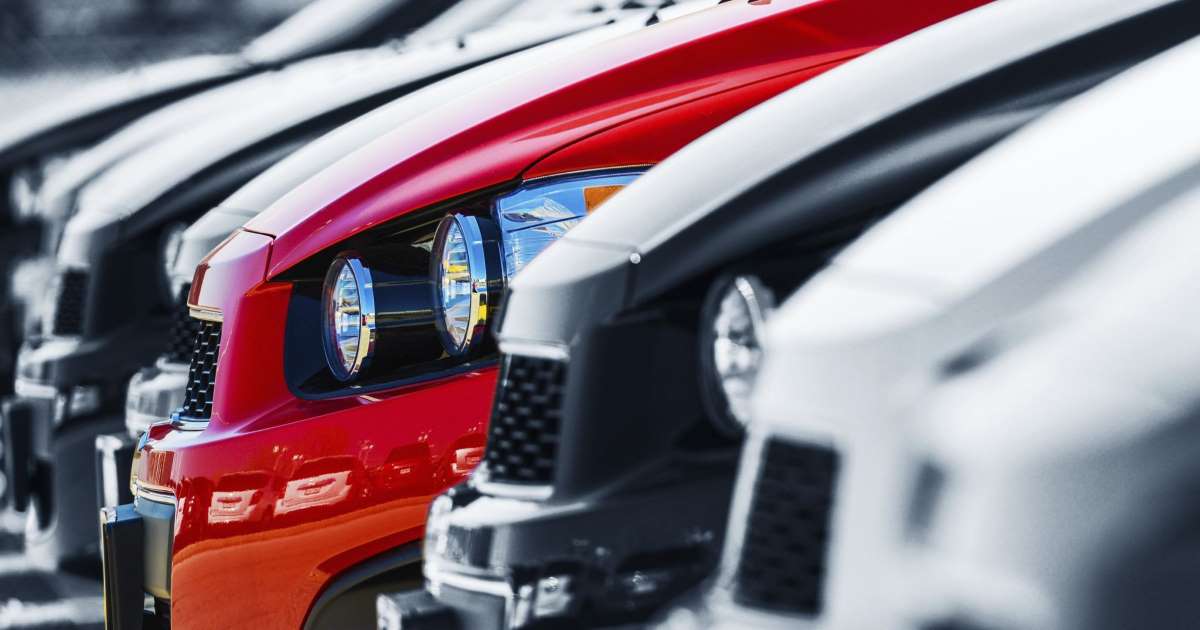For a lot of people since the pandemic, their commute went from driving to the next town to walking to the next room. Many are having to set weekly reminders to drive the car around the block. That is because cars do not like to be parked for long periods of time. They have to be fired up and driven around or bad things start to happen.
No one is driving for fun these days. Casual driving is a thing of the past. We have everything delivered. Eating out means having a service bring us food from a restaurant. We order groceries, medicine, and hand sanitizer. Some religious people haven’t been to an in-person service since March. This seems like a bad time to invest in a car.
Then again, if you happen to be one of the people doing all that delivering, you might need a second car. First responders, medical professionals, and anyone else with a pandemic-proof job still need to drive. For them, finding good auto body repair in California, and other car cultures, is still a going concern. If their car suffers more severe damage, they have to consider how best to acquire a new one. Here are a few things to consider:
Leasing Is Always an Option
No one knows how long they will continue to have a job, or when everyone will be told to work from home. That means this is not really an ideal time to get into a long-term contract commitment with a vehicle. That is one of the top reasons why you should lease and not buy a vehicle unless you are in a position to buy it outright.
There are pros and cons to leasing. Think of leasing like renting a condo with the option to buy later. You have the option to renew the lease and keep things the way they are. You can opt to pay it off after a couple years. Or at the end of the term, you can just walk away with no further payments.
The downside is that leases carry more restrictions on what you can do with that vehicle. The biggest restriction has to do with mileage. If you do a lot of driving for work, a lease might not serve you well. Still, for many, it is better than a 5 or 6 year financing agreement.
Consider Ride Sharing Services
If you primarily use your car to commute to and from work, you might be better off using Lyft or Uber than owning a car. The monthly cost of owning a car is around $878 when calculating gas and other expenses. Paying $10 each way to a ride sharing service will run you about $450 a month.
Additional benefits to using ride sharing include the following:
- You don’t have to pay for parking.
- You don’t have to pay for gas.
- You don’t have to pay for maintenance.
- You don’t have to pay when you are not using the car.
- It makes more sense for the environment.
If you have a longer commute, ride sharing might not work out financially. But for many, it will be a better option than purchasing a car right now.
Public Transportation and Last Mile Solutions
Why bother with a car at all if a bus or train will get you where you need to go? It is ridiculously inexpensive. Electric scooters have become a popular last mile solution for everyone from casual riders to business workers. People have been communing via bicycle for ages. Large cities even have dedicated bike lanes to make it a safer proposition. It doesn’t have to be forever. But it might just get you past the uncertainty of the present crisis.
There is nothing wrong with owning a car, or purchasing one if that is what you need. But while waiting out the pandemic, you might also want to consider leasing, ride sharing, and public transportation.




Leave a Reply